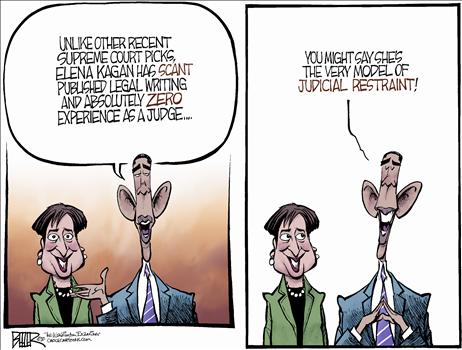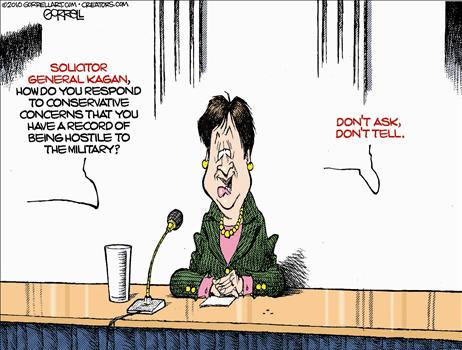The Supreme Court was never meant to be the ultimate authority in the land. That may surprise some people because we have operated on the premise it is the final word on all political controversies. As a nation, we’ve been conditioned to think that whenever the Court speaks, all shall bow before its wisdom.
What wisdom was involved in a decision to make it legal to kill unborn children? Was it wisdom that later refused to rethink that decision simply because it was a precedent that shouldn’t be overturned? The Court, in that case, somehow made Roe v. Wade into an almost sacred ruling that no one should ever touch.
Yet we continue to bow. So every time a president nominates someone to this Court, the confirmation process in the Senate takes on the nature of high drama. Why? Because the elevation of this individual, whoever it may be, could turn the ship of state with a single 5-4 decision.
Since we’re probably not going to change our attitude with respect to the Court’s lofty position, it is imperative that we scrutinize each nominee’s philosophy of law and each one’s track record in court. In the case of Elena Kagan, that scrutiny is nearly curtailed by her lack of a judicial record.
What exactly does she have going for her besides being a philosophical clone of this president?
That might be her best qualification, but how will we know for sure?
Whereas in the past Kagan has called for real hearings to find out what judges actually think, all of sudden she has experienced a conversion. She will revert to the standard “I refuse to comment on specific cases that may come before the Court” mantra.
Truth be told, I don’t need to hear her say what she believes. To anyone with any political knowledge at all, it’s quite obvious how she will judge cases. She will do so ideologically. Barack Obama would only nominate someone who shares his ideology and who won’t hesitate to act upon it.



